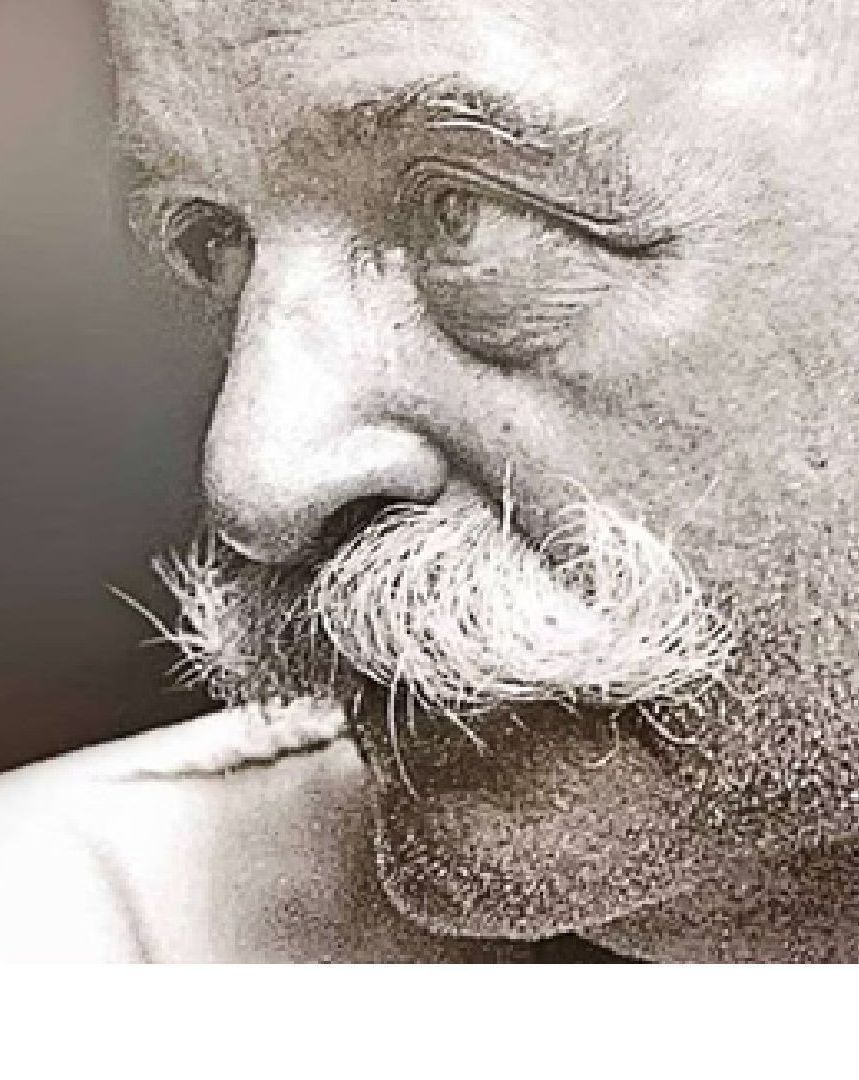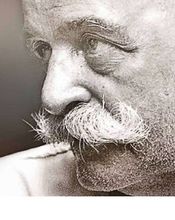The Gurdjieff Work in Ireland
enquiries@gurdjieff.ie
"The teaching... does not call upon any belief, any cult or worship, or any ritual. At first it simply proposes that one should know oneself as one is. It cannot, in it's essence, be in contradiction with any traditional teachings."
Michel de Salzmann
George Ivanovitch Gurdjieff
Gurdjieff was born in Armenia around 1870. Although his first tutor was a priest, he received a scientific education, but in surroundings and a way of life that had changed little for centuries. To his questions: who am l? Why am I here? He found no answer either in religion or in science, but suspected that the truth lay hidden behind what had come down from the past in religious traditions and those strange myths and legends which he learned from his father, a traditional bard or 'ashokh'. Inspiring likeminded companions, he set out to find in Asia and Africa the truth that he sought, learning many languages, and acquiring many practical skills to earn the money for his journeys.
An Unknown Teaching
In 1912 he brought to Moscow an unknown teaching, a teaching that was not a religion, nor a philosophy, but a practical teaching to be lived. To follow the way he proposed, nothing is to be believed, and life in the world is not to be renounced. It is a way in life, on which - gradually for it cannot be done all at once - everything has to be questioned - one's beliefs, assumptions, attitudes, one's whole outlook on the life of man on this Earth.
Gurdjieff in Europe
After the Russian revolution and the First World War, Gurdjieff set up an institute in France, and later taught in Paris. His book All and Everything, Beelzebub's Tales to his Grandson is "an Objectively Impartial Criticism of the Life of Man", man within the scale of the universe. From a very old tradition which he rediscovered, he brought exercises and Sacred Dances based on universal laws, to stretch the pupil to the utmost in the search for harmony and awakening.

